VICTORY DAY, RI’s UNIQUE HOLIDAY, HAS A MESSAGE: TERRIBLE THINGS HAPPENED – AND STILL CAN I STARTED WRITING THIS ON VICTORY DAY, which is a Rhode Island state holiday that that gets noticed only because it’s an oddity. No other state observes it, and Rhode Island barely does. City and state offices are closed, along with functions most of us don’t think about, like Newport’s trash-transfer station and the state’s superior, family, district, traffic and supreme courts. But the mail gets delivered, because it’s a federal activity. And the various mainstays of our complex interconnected, high-inflation, low-unemployment economy – tee-shirt shops, offshore wind turbines, ice cream stands, microbreweries, used car lots and the thriving pampered-pet services sector – operate as usual. If this year’s Victory Day is remembered at all, it probably will be because the second Monday of August this year was just like the day before that, which was like the day before that, which was just like the day before that, and, further, the next day could be more of the same - an endless a stretch of barely bearable “high heat advisory days,” when the sun has turned homicidal, and the dew point is suddenly relevant. I LIKE VICTORY DAY. During the 35 years I was a reporter at the Providence Journal, I wrote a lot about Victory Day, and without trying to boast or complain, I was that newspaper’s resident specialist about the holiday that was often, but mistakenly, referred to as “V-J Day.” There really was a V-J Day, just not a holiday by that name. V-J Day was was the nasty baby brother of the similar-sounding “V-E Day,” Formally “Victory-In-Europe Day, V-E Day was the neutral-sounding, much- anticipated objective of the Allied Forces during World War II – the end of conflict in the European combat “theater,” marked by Germany’s surrender on May 8, 1945. In contrast, V-J Day – “Victory-Over-Japan Day” – has taken on an unsavory character in the post-war decades, suggesting racist, triumphalist and even genocidal connotations, whereas it was simply intended to mark the actual, total and final chapter of the most horrific war in history, marked by the announcement of Japan’s surrender on Aug. 14, 1945. WHY, YOU MIGHT ASK, and even if you don’t, does Rhode Island celebrate Victory Day? The official explanation is this: Rhode Island was heavily involved in World War II, and that’s a euphemism. (WPRI Channel 12’s Ted Nesi has an excellent piece at this link) The Ocean State, before it was called that, bristled with coastal defenses. Narragansett Bay hosted huge naval bases. Shipyards turned out PT boats, Liberty Ships and torpedoes. As many as 100,000 Rhode Islanders went off to fight (in a state with only a million souls). And don’t forget, it was an uncertain, frightening time, when victory was not assured. When the war ended for good, there was much dancing in the streets, and in the years following, parades. And there were thousands of Rhode Island veterans to keep the memories alive about the horrors of war and the joyful outcome. In 1948, the General Assembly declared Victory Day. After that, it was politics. Veterans were a force. Labor unions helped the cause (What friend of Rosie the Riveter gives up a holiday?) Corporate managers, worried about what an extra holiday meant for the state's competitiveness, and Japanese-owed companies noted their discomfort. But Victory Day survived. I LIKE VICTORY DAY for several reasons: It honors the end of a terrible war that killed 70 million or more people. Because it reminds us that evil forces were trounced. It reminds us that terrible things happened. Remember the awful way the war ended? Actually, even people my age, who were born mid-war, don’t personally remember. But it ended after two “atomic bombs were dropped, one on Hiroshima, Aug. 6, 1945, the other on Nagasaki, Aug. 9. Most buildings were destroyed, and at least 129,000 people, most of them civilians, died either immediately or later. Now, in our own time, evil forces are again on the loose – Republicans in the United States are trying to undermine elections and the institutions of democracy. Donald Trump, a cruel, criminal and charismatic authoritarian wants to retake the White House, but this time with better planning if he gets there. There was – and can be again – such an event as a nuclear war. But now, many countries – not just one – have “The Bomb.” And today’s nuclear weapons are more powerful and far more numerous than 77 years ago. So, now we know: there could a nuclear holocaust in August, 2022, or next year or the year after that. I WENT LOOKING for clues to what gave rise to Victory Day.
At Fort Adams State Park in Newport, there are remnants of coastal defenses like those that could have been manned in World War II. There’s a lookout post and bunker that once kept watch over Narragansett Bay, next to concrete structures with giant bolts that once held powerful guns. You’ll find similar traces of war on Newport’s Ocean Drive, across the bay in Jamestown and in lots of other places along the coast. I’m glad there aren’t huge parades any more, and that most Rhode Islanders don’t dwell too much on the past. Personally, I think there’s too much celebration of military events. How about National Poets’ Day, or Freedom of the Press Day or New England Sailing Day? In fact, the biggest event at Fort Adams when I visited was a small-boat regatta. But I do like having a place on our calendar to remind us that the fight for democracy is both history and ever-present; that terrible things happened and will again unless we do our part to make sure they don’t. We almost lost our democracy Jan. 6, 2021, when the Capitol was overrun by rioters with murder on their minds and lips. Anti-democratic, authoritarian forces – Donald Trump and his Republicans – are still on the loose. Around the world, similar forces are at work; Russia and China are two of the most dangerous. So, let’s remember Rhode Island's Victory Day -- the second Monday of August -- and the price that this holiday cost our country, our parents, grandparents and many millions across the world. Let's remember, too, that this year, there's a more important date on the calendar. It's the first Tuesday of November. Election Day, Nov. 8.
1 Comment
|
BRIAN C. JONES
I'VE BEEN a reporter and writer for 60 years, long enough to have learned that journalists don't know very much, although I've met some smart ones.
Mainly, what reporters know comes from asking other people questions and fretting about their answers. This blog is a successor to one inspired by our dog, Phoebe, who was smart, sweet and the antithesis of Donald Trump. She died Feb. 3, 2022, and I don't see getting over that very soon. Occasionally, I think about trying to reach her via cell phone. |
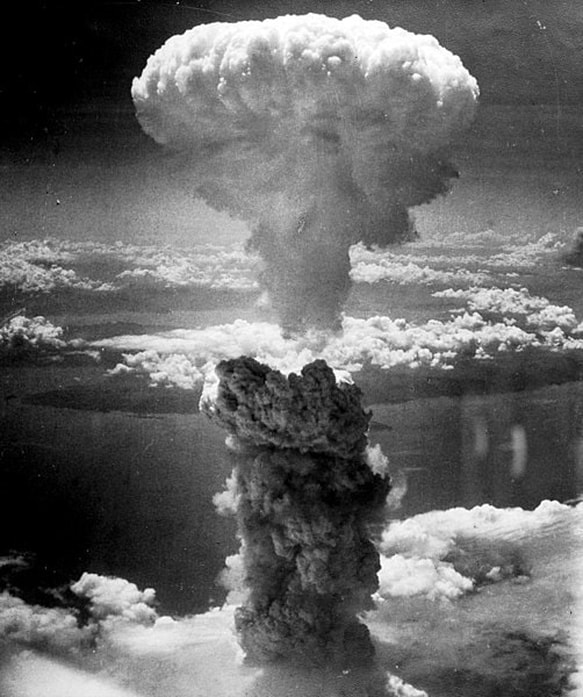
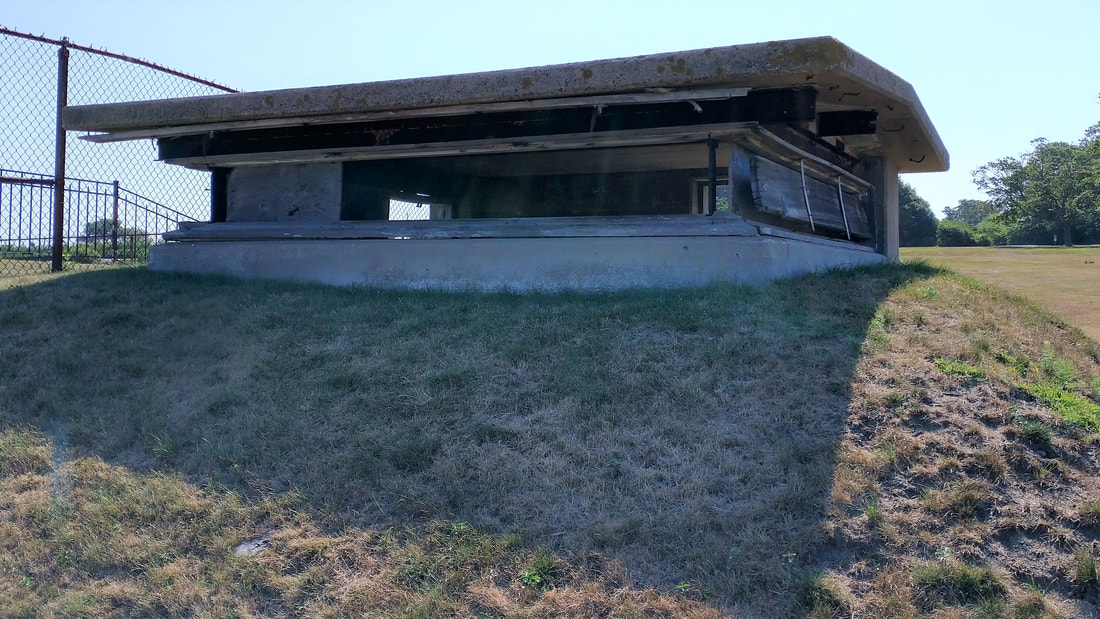
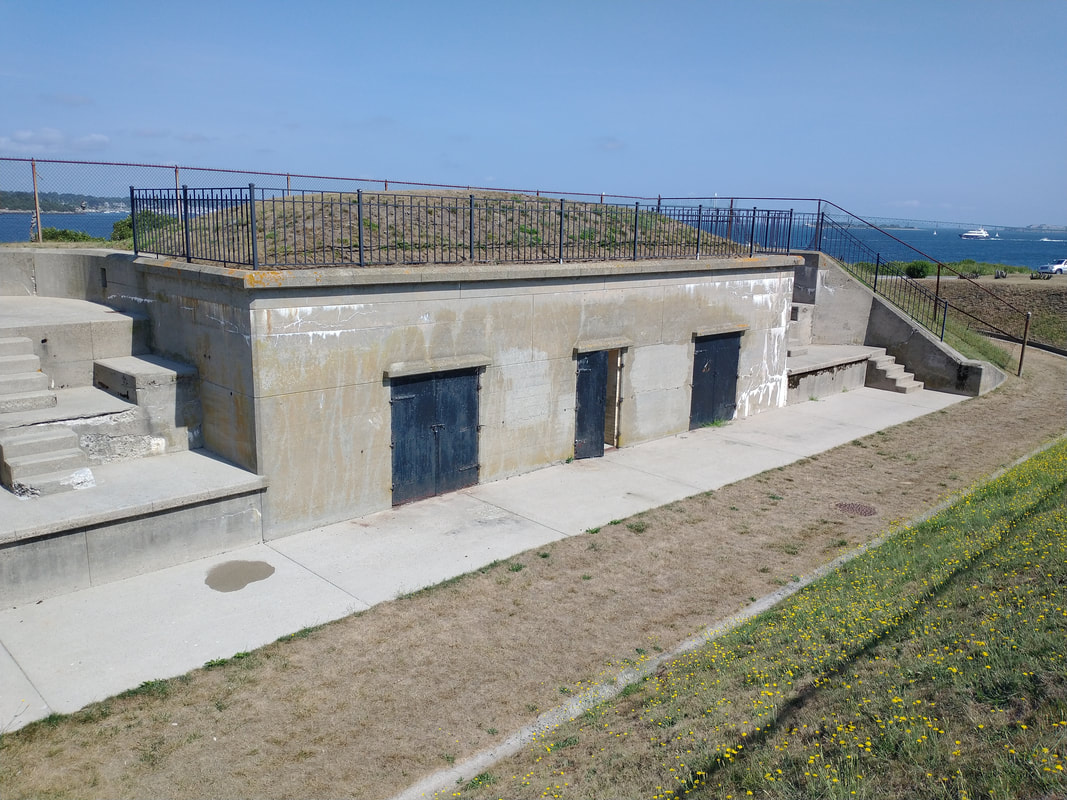
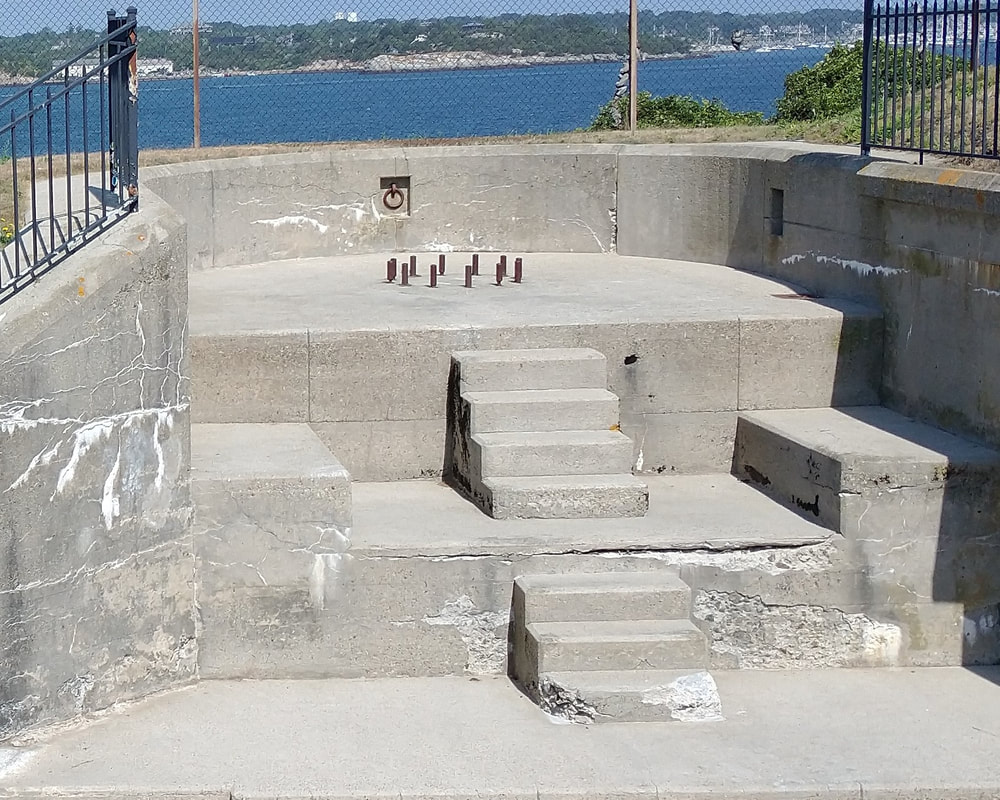
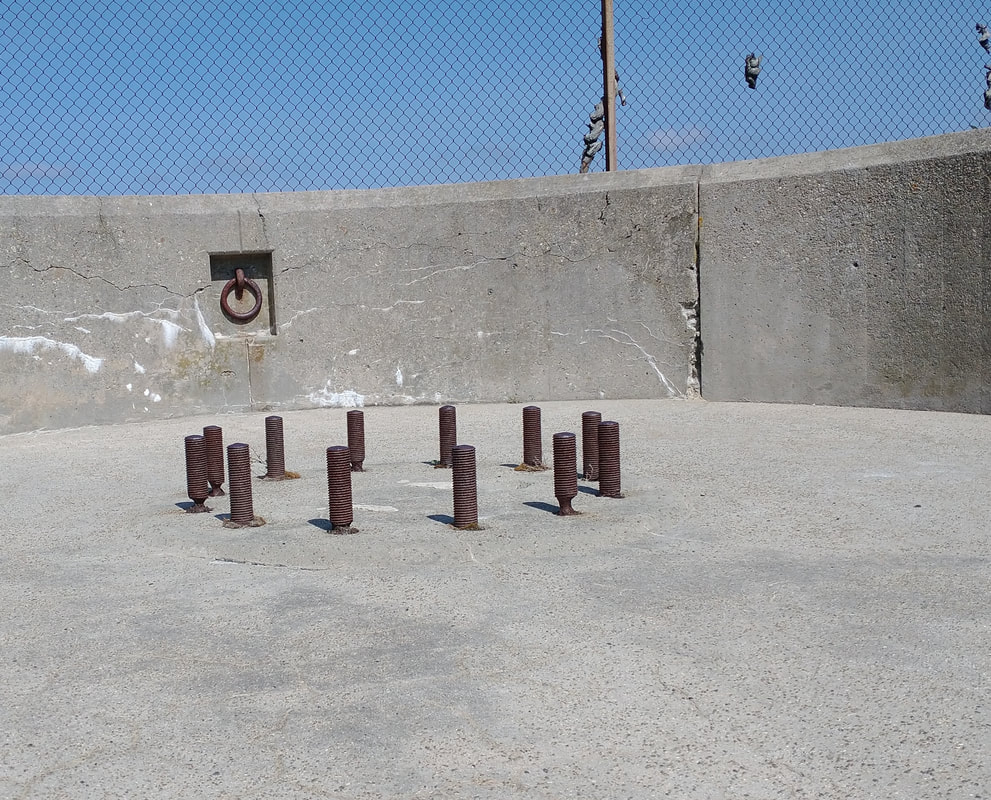
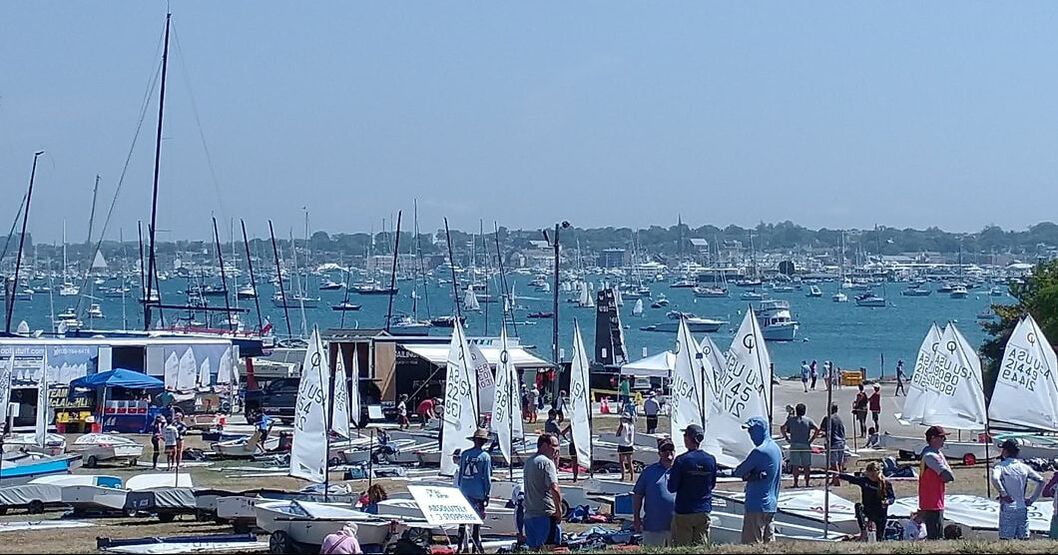
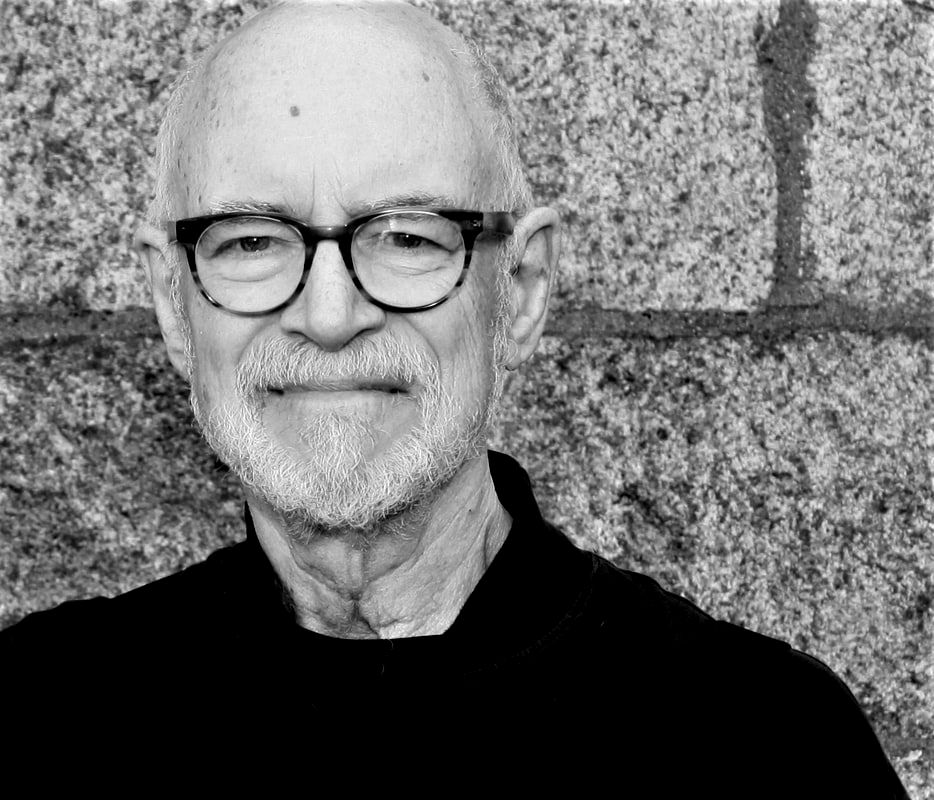
 RSS Feed
RSS Feed